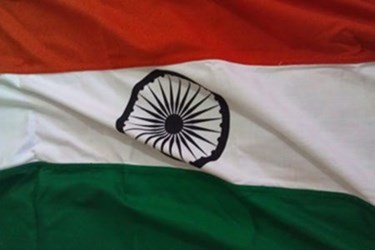Indian Government Urged To Cap Cardiovascular Stent Prices

The National Health Systems Resource Center (NHSRC) in India has submitted a new report strongly urging the National Pharmaceutical Pricing Authority (NPPA) to cap the prices of both bare metal and drug-eluting cardiovascular stents. The NHSRC claimed the lack of price regulation has led to consumer exploitation — especially with imported stents — but device manufacturers argue the report does not consider stent quality or overall hospitalization costs.
The NHSRC, which collaborates with the World Health Organization (WHO) to facilitate universal access to health care in India, recommended a cap of Rs 19,000 ($291) for bare metal and Rs 28,000 ($429) for drug-eluting stents. The Economic Times reported that the maximum price currently paid for each device in India is Rs 20,000 ($307) and Rs 120,000 ($1,842), respectively.
In order to set the price caps, the NHSRC evaluated the stents’ clinical and cost-effectiveness using WHO formulas, which consider mortality rates and the likelihood of revascularization or a major cardiac event.
According to The Economic Times, this report is the result of two years discussion amongst social activist groups and political leaders, who have alleged that there is a considerable discrepancy between the import price of a stent and the cost to the patient.
In June, the Times of India reported that regulators were investigating charges that imported products, such as stents and other cardiovascular implants, were marked up significantly, and that Indian patients paid between three and four times the price of the landed product.
India currently imports between 70 and 80 percent of its high-end medical devices, but recent measures by Indian authorities are part of a national movement toward domestically produced goods. India is looking to form an independent medical device regulatory agency, a plan that experts say will encourage a stronger base for Indian companies.
Bloomberg Business reported last month that Indian companies previously in the diamond business were switching their attention and expertise toward manufacturing lower-priced alternatives to products from some of the world’s biggest names in stent manufacturing: Medtronic and Abbott.
Data released by the Cardiological Society of India last May showed that four out of ten stents implanted in India in 2014 were made domestically. Cardiologists told the Times of India that Indian-made stents seemed “effective enough,” but there was little scientific data to prove their quality compared to imported devices.
According to The Economic Times, global stent manufacturers argue that their stents have far more clinical data to prove their quality than locally manufactured stents, and the NPPA should consider that data before price caps are imposed on imported goods.
The US-India Business Council (USIBC) projected that the global medical device industry would be worth $7 billion by 2016, a jump from the current $4.4 billion estimated value. By focusing on “Made in India” initiatives, the USIBC said India showed strong potential for developing into a global player in the medical device sector.
